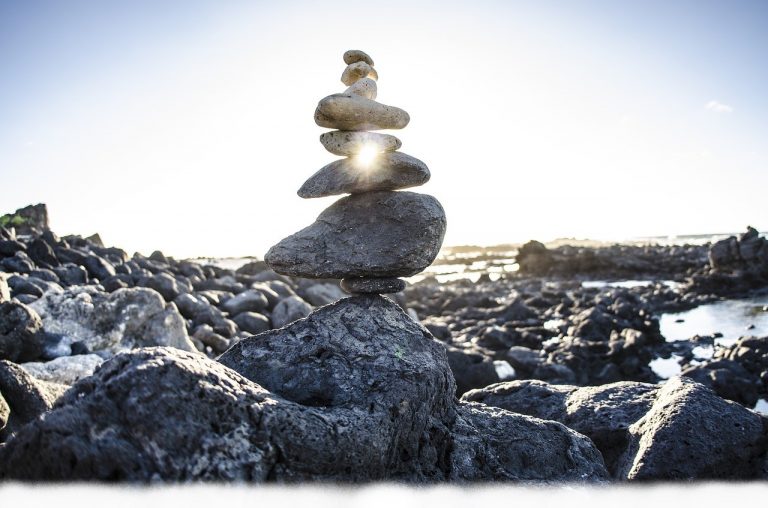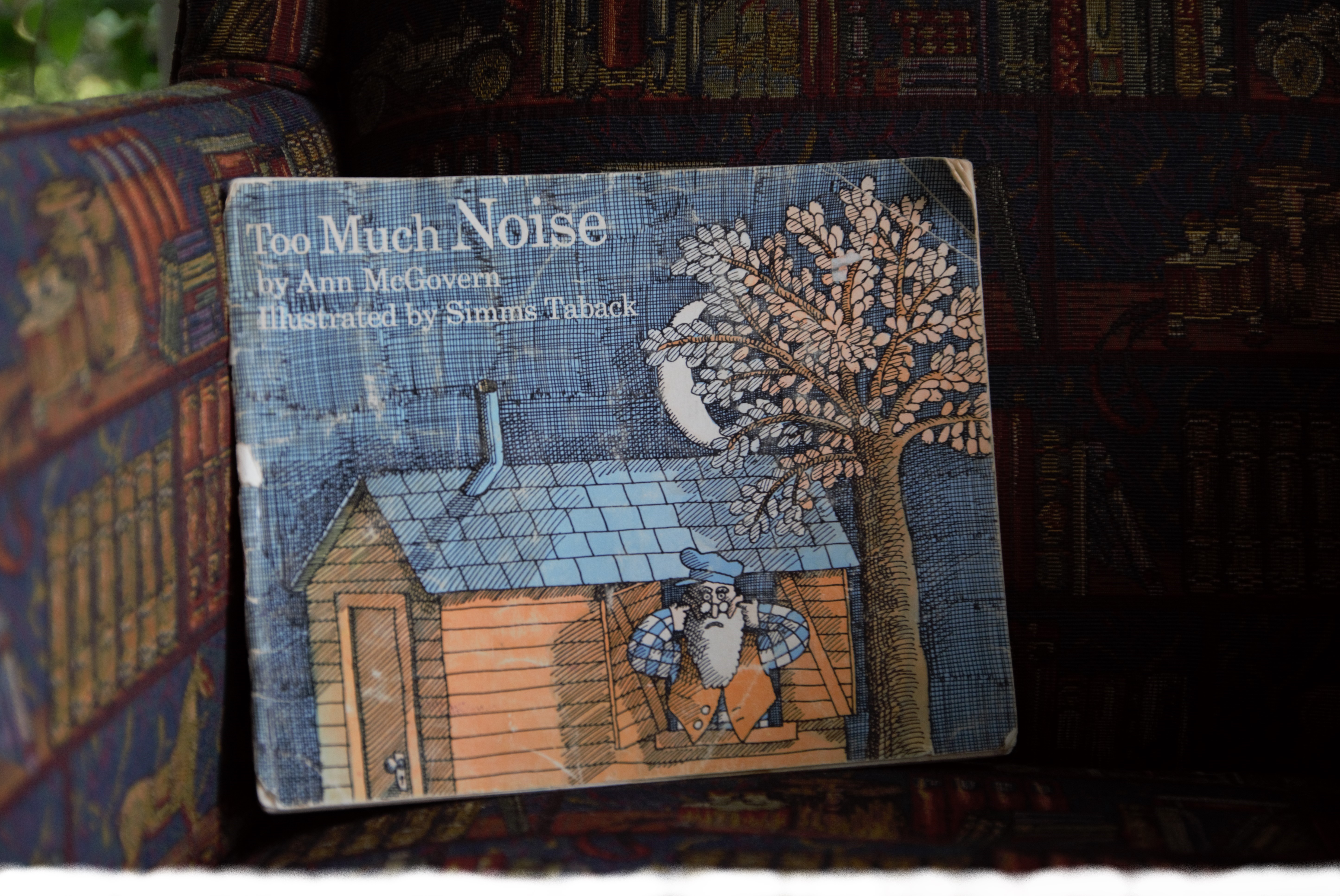Quiet Time to Recover, Revisited

16 September 2019 | Theme: Quiet | 3-Minute Read | Listen
Last week I posted my article “Quiet Time to Recover” about the need to rest and reset in times of stress. Before writing the article I had taken the Holmes and Rahe Stress Scale quiz, scoring 454—putting me in the “Red: Danger!” zone of stress management. Within a few hours of posting that article, though, yet another life event had me reeling, and I estimate that at that point, my score was nearer to 600.
Since I had just written and published an article about recovering from stressful experiences, I had an arsenal of strategies ready for deployment. But when you’re in the thick of the shitstorm, you aren’t thinking about strategies. You’re grabbing whatever looks like it might keep you steady. For me, that was first having a good cry, then raging out loud a bit, and then climbing into the bathtub where I could cry and rage some more.
After a fitful night, I dragged my exhausted self out of bed and called my teacher to ask for an extra session. She understands me well—she knows that when I make a last-minute request like that, I’m in dire need of help to re-find my center. We agreed to meet that afternoon.
There was a lot of messy, snotty crying as I blurted out, “I feel flattened. I’m at Ground Zero here.” She’s phenomenal, because in moments like that, she says nothing. No advice, no rescuing—just pure compassion. After a few minutes of describing what it looked like down there amid the rubble, I had a moment of clarity and said, “But you know what? If I’m at Ground Zero, then I am standing on bedrock. That’s where I will begin to rebuild my foundation!”
Later, I went to dinner with my oldest, dearest friend, and I told her that I knew that there was something more that I needed to be doing—I just didn’t know what it was. By next morning, I’d received an email inviting me to a meditation session that night. Everything within me responded, “Yes!” Meditation was a practice I had all but abandoned in recent months, drifting away from it as life seemed to be demanding ever more of me. I had forgotten that in times of stress and time pressures, I need to spend more time, not less, in quiet meditation.
Without planning, I had deployed three successful strategies for dealing with stress: I’d expressed my feelings, I’d sought out my safe space—water—and I’d reached out to my support network. Returning to the cushion was exactly what I needed! In meditation, I practiced lovingkindness toward myself. I saw myself with great compassion and was tender with my feelings. I felt the calm wash over me.
We follow a practice because it becomes part of us. We meditate. We learn to feel and name our feelings (I have an amazing body worker who helps me with that.) Then, when the storms come—and they always will—we act without wasted energy to go straight to the sources that are most healing. We practice—pray, meditate, build a faith and a network of support—in times of calm so that when the deluge comes and sweeps everything from us, support is within reach.
If you, Dear Reader, don’t have a regular practice, I encourage you to explore until you find the spiritual practice that is right for you. If you don’t have a body worker, consider searching for someone who can help you find the stories and emotional memories that are stored within the cells of your body. If you don’t have a teacher, investigate options in your locale to discover a spiritual guide or teacher who is the right fit for you. And if you don’t have a network, start building one—consider starting here in the DoYouMind community.
May you be well. May you be safe. May you be happy. May you be free from suffering.
Until next time

If you enjoyed this article,
please share on social media!
NEXT ARTICLE

Book Review: Too Much Noise by Ann McGovern, Illustrated by Simms Taback
19 September 2019 | Theme: Quiet | 4-Minute Read